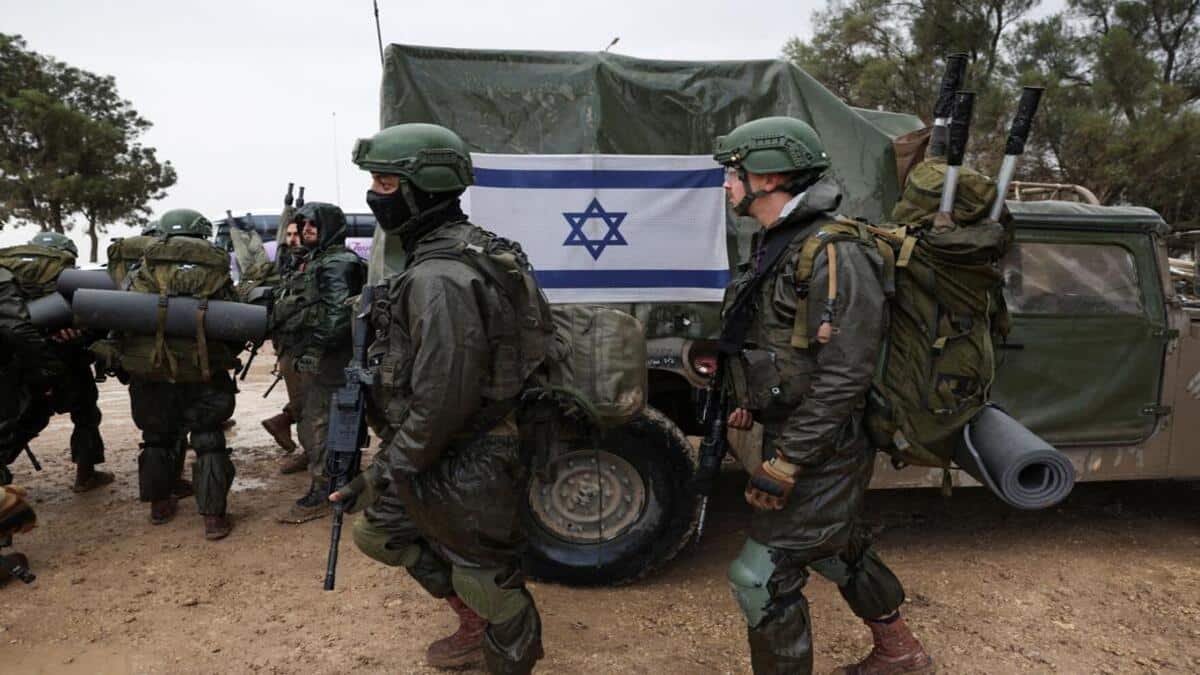Israel reported its most significant combat losses in over a month on Wednesday, 13th December following an ambush in the ruins of Gaza. The situation has led to growing diplomatic isolation as civilian casualties rise and a humanitarian crisis unfolds in the Palestinian territory.
The Israeli Prime Minister declared that they would persist until the conclusion, achieving victory, and until Hamas was annihilated. This resolve comes despite Israel reporting 10 soldiers killed in the past 24 hours, marking the worst one-day loss since October 31.
The intense fighting between Hamas militants and Israeli soldiers is unfolding in both north and south Gaza. The United Nations has called for an immediate humanitarian ceasefire, with U.S. President Joe Biden criticizing Israel’s “indiscriminate” bombing of civilians, stating it is eroding international support.
Hamas seized the opportunity to assert its resilience, with a spokesperson emphasizing that Israeli forces could never subdue Gaza. Meanwhile, the humanitarian situation in Gaza continues to worsen, with thousands reported dead or injured, and the majority of the 2.3 million population left homeless.
The Biden administration has taken a notable step by delaying the sale of more than 20,000 U.S.-made rifles to Israel. This decision is reportedly influenced by concerns about increasing attacks by Israeli settlers on Palestinians in the West Bank. The White House has urged precision in Israeli strikes against Hamas targets.
As winter rain exacerbates conditions for those sleeping rough in makeshift tents, the plight of displaced Gazans becomes increasingly dire. The delay in aid reaching affected areas is attributed to cumbersome inspections and insecurity, according to the United Nations.
Israel’s military press briefing emphasized measures taken to prevent civilian casualties, including the designation of humanitarian zones. However, reports indicate that these so-called safe zones in Gaza are deemed “not safe” by UNICEF, raising further concerns about the safety of civilians caught in the crossfire.
The conflict, which began with Israel’s campaign against Hamas, initially garnered global sympathy. However, as Israel continues its military operations, including ground campaigns in the north and south of Gaza, international sentiment appears to be shifting.
The situation remains fluid, with the Biden administration engaging in diplomatic efforts to address the broader regional stability and prevent the Israel-Hamas conflict from escalating further. As casualties mount and diplomatic isolation looms, the world watches anxiously for a potential resolution to this devastating conflict.

